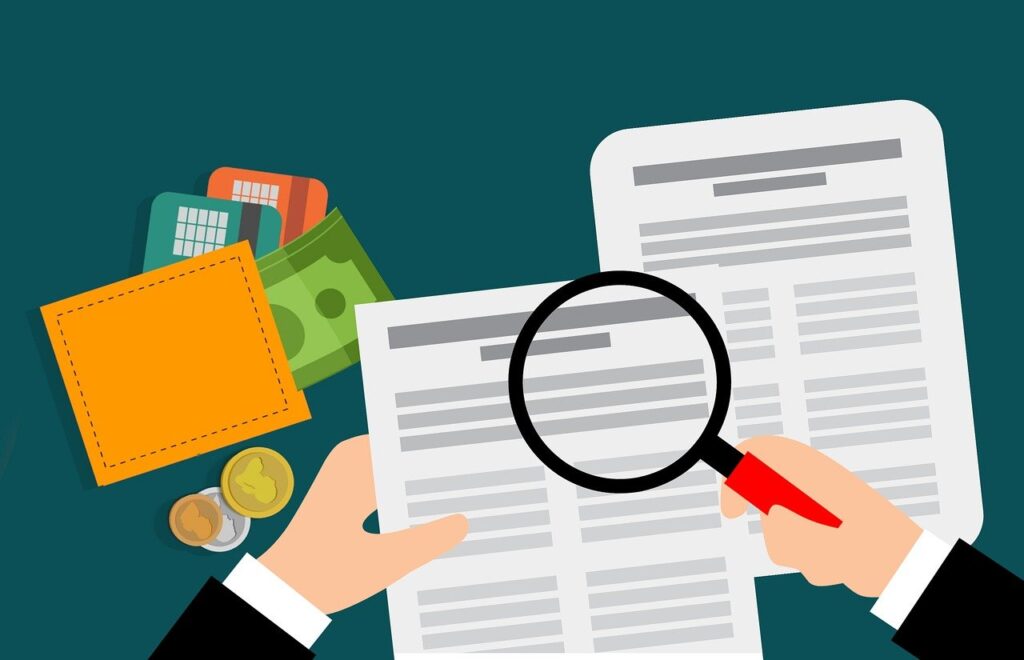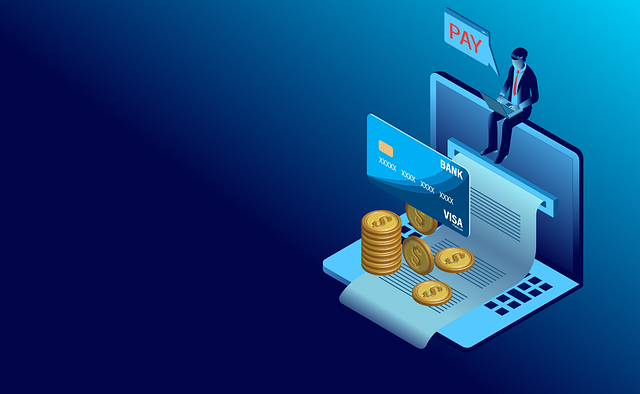A high credit score opens doors to better financial opportunities, such as lower interest rates and favorable loan terms. If you’re looking to boost your credit score quickly, there are several strategies you can implement right away.
In this comprehensive guide, we’ll cover seven proven tips to improve your credit score fast. These tips are practical, actionable, and designed to help you see results in a short time.
Understanding Your Credit Score
Before diving into how to improve your credit score, it’s essential to understand what affects it. Your credit score is a numerical representation of your creditworthiness. It ranges from 300 to 850. The higher your score, the better your credit. Factors influencing your credit score include:
- Payment History: Timely payments on your credit accounts.
- Credit Utilization: The ratio of your credit card balances to credit limits.
- Credit History Length: How long your credit accounts have been open.
- Types of Credit Accounts: The variety of credit accounts you hold.
- Recent Inquiries: The number of recent credit applications.
1. Check Your Credit Report for Errors
Why It Matters: Errors on your credit report can negatively impact your credit score. They can result from inaccuracies or outdated information.
How to Do It:
- Obtain Your Credit Report: Request your credit report from major credit bureaus—Experian, Equifax, and TransUnion. You are entitled to one free report from each bureau annually through AnnualCreditReport.com.
- Review for Errors: Carefully examine your credit report for inaccuracies, such as incorrect account information or missed payments that you did not make.
- Dispute Errors: If you find errors, file a dispute with the credit bureau reporting the incorrect information. Provide supporting documentation to back up your claim.
Outcome: Correcting errors can quickly improve your credit score by removing negative entries that don’t belong to you.

2. Pay Your Bills on Time
Why It Matters: Payment history is the most significant factor affecting your credit score. Timely payments demonstrate financial responsibility.
How to Do It:
- Set Up Automatic Payments: Automate payments for your credit cards and loans to ensure they are paid on time each month.
- Use Payment Reminders: Set up reminders on your phone or calendar to alert you of upcoming due dates.
- Prioritize Bills: If you have multiple bills, prioritize paying the ones that impact your credit score the most, such as credit card bills and loan payments.
Outcome: Consistently paying bills on time helps build a positive payment history, which is crucial for improving your credit score.
3. Reduce Your Credit Card Balances
Why It Matters: Credit utilization, which is the ratio of your credit card balances to your credit limits, affects your credit score. High credit utilization can lower your score.
How to Do It:
- Pay Down Existing Balances: Focus on reducing the balances on your credit cards. Start with cards that have the highest interest rates or balances.
- Make Extra Payments: Make additional payments throughout the month to reduce your balances more quickly.
- Avoid Accumulating New Debt: Be mindful of your spending to prevent accumulating new debt while paying down existing balances.
Outcome: Lowering your credit card balances reduces your credit utilization ratio, which can positively impact your credit score.

4. Increase Your Credit Limits
Why It Matters: Increasing your credit limits can help lower your credit utilization ratio, provided you do not increase your spending.
How to Do It:
- Request a Credit Limit Increase: Contact your credit card issuer and request an increase in your credit limit. They may require a credit check or proof of income.
- Use Your Card Responsibly: If granted a higher limit, continue to use your card responsibly by paying off balances in full and on time.
- Avoid Requesting Multiple Increases: Too many credit limit increase requests in a short period can negatively impact your credit score due to multiple hard inquiries.
Outcome: Higher credit limits with the same spending habits result in a lower credit utilization ratio, which can boost your credit score.
5. Pay Down Debts Strategically
Why It Matters: Reducing debt can improve your credit score by lowering credit utilization and demonstrating your ability to manage credit responsibly.
How to Do It:
- Create a Debt Repayment Plan: List all your debts and prioritize them based on interest rates and balances. Focus on paying off high-interest debts first.
- Use the Snowball Method: Alternatively, use the snowball method by paying off the smallest debts first to build momentum and motivation.
- Consider Consolidation: If you have multiple high-interest debts, consider consolidating them into a lower-interest loan.
Outcome: Effective debt repayment lowers your credit utilization ratio and demonstrates financial responsibility, which can improve your credit score.

6. Avoid Opening New Credit Accounts
Why It Matters: Each new credit application can result in a hard inquiry on your credit report, which can temporarily lower your credit score.
How to Do It:
- Avoid Unnecessary Applications: Refrain from applying for new credit accounts unless absolutely necessary.
- Research Before Applying: If you need new credit, research the requirements and ensure you meet them before applying.
- Consider Credit Impact: Evaluate the potential impact on your credit score before applying for new credit accounts.
Outcome: Limiting new credit applications helps prevent unnecessary hard inquiries and minimizes the impact on your credit score.
7. Build a Positive Credit History
Why It Matters: A positive credit history is essential for a high credit score. It demonstrates your ability to manage credit responsibly over time.
How to Do It:
- Maintain Long-Term Accounts: Keep old credit accounts open to build a longer credit history. Closing old accounts can shorten your credit history and lower your score.
- Use Credit Responsibly: Regularly use your credit accounts for small purchases and pay off the balances in full each month.
- Diversify Your Credit: Having a mix of credit types, such as credit cards, installment loans, and retail accounts, can positively impact your credit score.
Outcome: Building and maintaining a positive credit history contributes to a higher credit score and enhances your creditworthiness.

Real-World Examples of Improving Credit Scores
To illustrate how these tips can improve your credit score, consider these examples:
Example 1: Emma’s Rapid Improvement
Emma had a credit score of 620. She reviewed her credit report and found several errors, which she disputed and had corrected. Emma also paid down her credit card balances, set up automatic payments, and requested a credit limit increase. Within three months, her credit score rose to 680.
Example 2: Mike’s Strategic Approach
Mike’s credit score was 650. He focused on paying down his credit card balances and avoided opening new credit accounts. He also maintained long-term credit accounts and diversified his credit types. After six months of implementing these strategies, Mike’s credit score increased to 710.
How We Developed These Tips
Our insights into improving credit scores quickly are based on industry research, expert opinions, and real-world experiences. We analyzed common strategies used by individuals to boost their credit scores and reviewed their effectiveness.
By combining this information, we aim to provide actionable advice that helps you achieve a higher credit score in a short time.
Conclusion
Improving your credit score quickly involves implementing practical strategies and maintaining responsible credit habits.
By checking your credit report for errors, paying bills on time, reducing credit card balances, increasing credit limits, strategically paying down debts, avoiding new credit applications, and building a positive credit history, you can enhance your credit score effectively.
With these proven tips, you can achieve a better credit score and unlock more favorable financial opportunities. Stay proactive in managing your credit and take advantage of the benefits that come with a strong credit score.


Leave a Reply